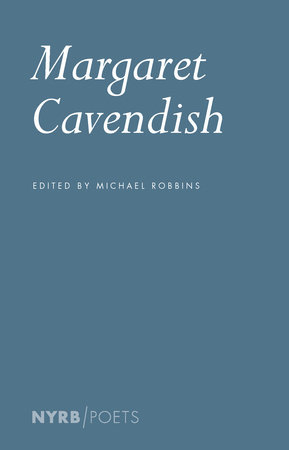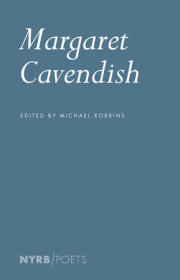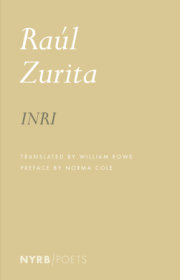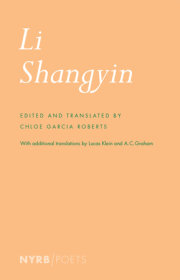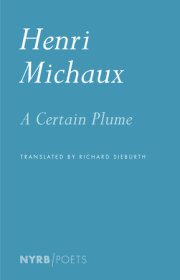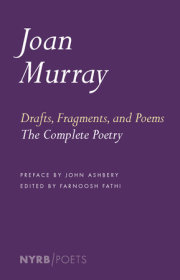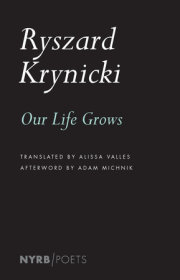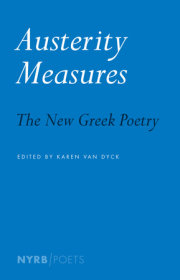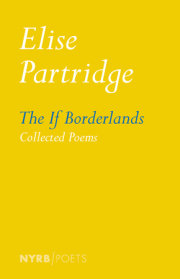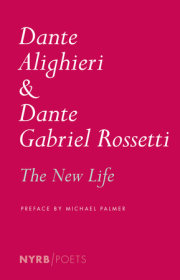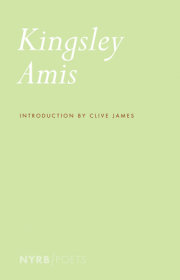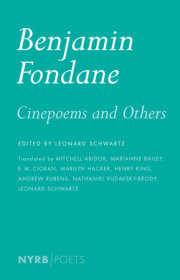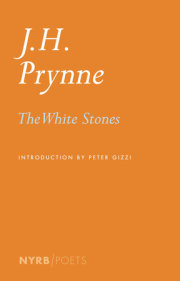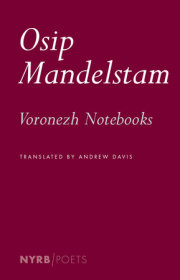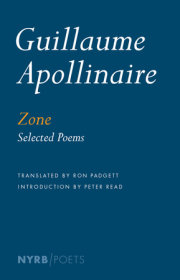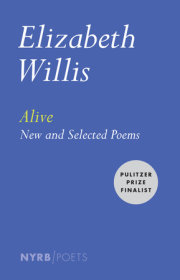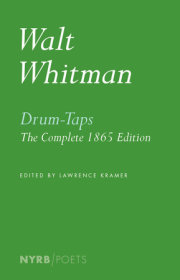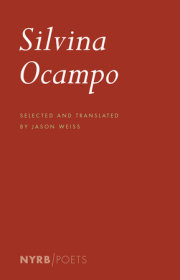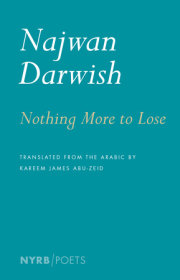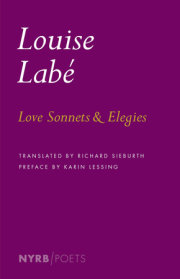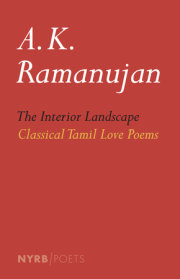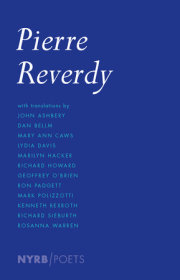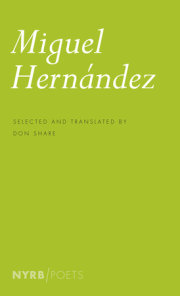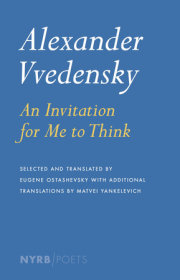Table of Contents
Introduction
Note on the Text
Further reading
To All Noble and Worthy Ladies
To the Reader
Poems
The Poetress’s Hasty Resolution
The Poetress’s Petition
An Excuse for So Much Writ upon My Verses
Nature Calls a Council, Which Was Motion, Figure, Matter, and Life, to Advise About Making the World
A World Made by Atoms
The Four Principal Figured Atoms Make the Four Elements, as Square, Round, Long, and Sharp
Of Airy Atoms
Of Air
What Atoms Make a Palsy or Apoplexy
All Things Are Governed by Atoms
A War with Atoms
Atoms and Motion Fall Out
The Agreement of Some Kind of Motion with Some Kind of Atoms
Motion Directs While Atoms Dance
Of the Subtlety of Motion
Of Vacuum
If Infinite Worlds, Infinite Centers
The Infinites of Matter
The Motion of Thoughts
The Motion of the Blood
Of Stars
What Makes Echo
Of Rebounds
Of Light
Of Light and Sight
Of Many Worlds in This World
A World in an Earring
Several Worlds in Several Circles
Clasp
The Circle of the Brain Cannot Be Squared
The Purchase of Poets, or a Dialogue betwixt the Poets, and Fame, and Homer’s Marriage
A Dialogue betwixt Man and Nature
A Dialogue betwixt the Body and the Mind
A Dialogue between an Oak and a Man Cutting Him Down
A Dialogue of Birds
A Dialogue between Melancholy and Mirth
A Dialogue betwixt Riches and Poverty
A Dialogue between a Bountiful Knight and a Castle Ruined in War
Of the Shortness of Man’s Life and His Foolish Ambition
A Moral Discourse betwixt Man and Beast
Of the Ant
Of Fishes
A Discourse of the Power of Devils
The Clasp
The Hunting of the Hare
The Hunting of the Stag
Of an Island
The Ruin of the Island
Of Poets and Their Theft
Nature’s Cook
Similizing the Brain to a Garden
Similizing Thoughts
Similizing Fancy to a Gnat
A Woman Dressed by Age
A Description of Shepherds and Shepherdesses
Her Descending Down
Witches of Lapland
An Elegy on My Brother, Killed in These Unhappy Wars

